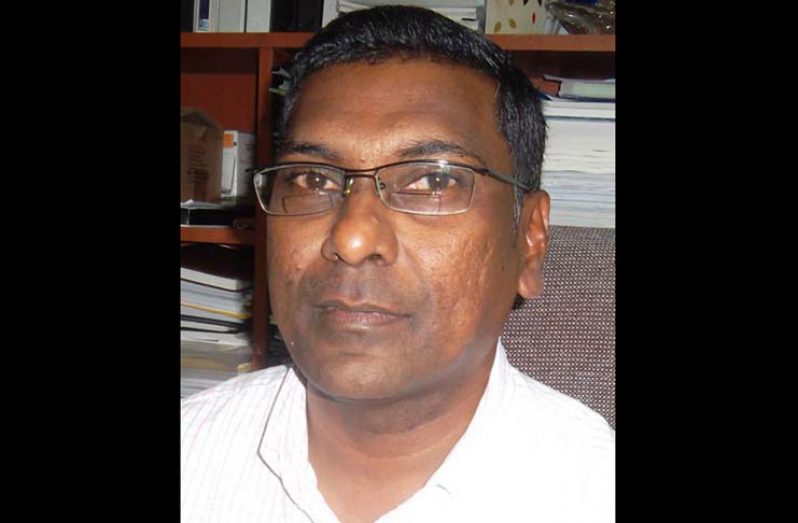THE Ministry of Public Health (MoPH) is close to finalising the list of essential drugs needed in the local health sector for the next two years.
“The essential list [of drugs] is what the government buys… [it] guides the government policy,” Chief Medical Officer (CMO), Dr Shamdeo Persaud told members of the media.
This list of drugs includes those drugs that are procured by the Ministry of Public Health and are distributed countrywide.
On Tuesday, the Ministry of Public Health joined with partners from the Pan American Health Organisation/World Health Organisation (PAHO/WHO) at the Marriott Hotel to work towards finalising the list of essential drugs.
“We [at the MoPH] will know the medication that our patients need and if you go with a known condition to our facility your expectation will be that you will get the medicine because it is listed on the essential medicines list,” Dr Persaud said.
He noted that the overall benefit here is that the patients will have access to the critical medicines that they may need.
The list is expected to be updated every two to three years, and requires input from pharmaceutical suppliers, distributors and healthcare professionals.
Dr Persaud noted that standard treatment guidelines are developed first by the Ministry of Public Health and the Georgetown Public Hospital assists with guidelines or specialised areas of treatment.
These guidelines indicate what types of medications and drugs would be used in the treatment of ailments.
“What we do on a two-year basis, [is that] I work together with a pharmaceutical team to extract all the list of medicines in the guidelines. We add the newer agents [which are], the more effective agents; we also remove the medicines we find are ineffective [because] for example, there may be resistances developed against some form of antibiotic,” the CMO explained.
The last essential medicine list was signed off in 2015. Since then, the list has gone through some “small revisions” but the main revision started this year.
RAPIDLY CHANGING
Ideally, he indicated that the ministry would want to update the list every two years, cognisant of the fact that medicine is rapidly changing. So far, he noted however that a great majority of the drugs from 2015 have been placed on the newer list with few additions.
He also noted that private institutions would approach the government, from time to time, to procure the drugs that they deem necessary.
“Those would usually go through a process and they are allowed to buy those outside of the essential medicines list…. So it doesn’t put the burden on the government to buy everything that is needed,” the CMO said. Occasionally, he indicated that the government would procure drugs that are off of the list, once it is deemed pertinent.
The medications on the list would be those that are in their pure form, categorised by strength and preparation type, and what form they take (i.e. whether in solid form, like tablets, liquid form, etc).
And while there may be ‘medication’ available in many forms, sometimes owed to brands with patents, the ministry would look at the “generic” component of the medicine. An example of this is the generic drug: “Ibuprofen”, which has the brand name of “Motrin”. Another example is “Valium”, which is the brand name of the generic drug “Diazepam”, which comes from the benzodiazepines, a class of psychoactive drugs.
PAHO/WHO Country Representative, Dr William Adu-Krow posited that identifying which medicines are regarded as essential is a “national responsibility”.
“It is therefore important that the process becomes consultative… and in all that we do it should be evidence-based,” he urged.
Speaking to the team of stakeholders at the Marriott Hotel, regional adviser on the rational use of medicines for PAHO, Dr Jose Luis Castro, shared that focus must also be given to other areas of medical procedures.
“There is not only the evaluation and selection of medicines that is important… when we discuss medical procedures we discuss medicines, vaccines devices and even procedures,” he stressed.




.png)









